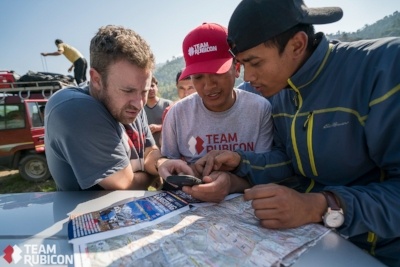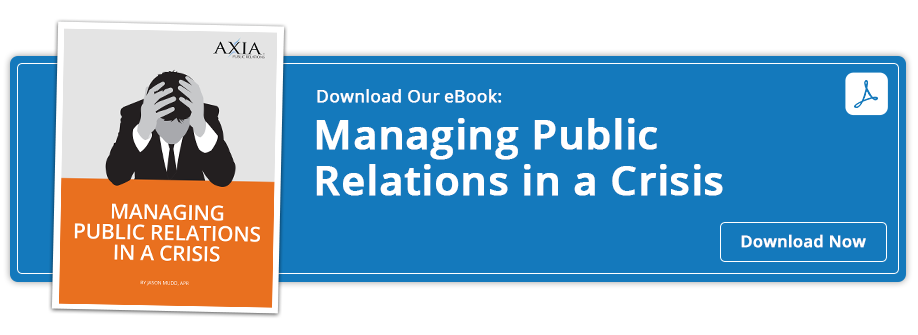 The new feature assists corporations, nonprofits and individuals during crises
The new feature assists corporations, nonprofits and individuals during crises
In response to the shooting at Pulse nightclub in Orlando, Fla., Facebook activated its Safety Check feature. This marks the first activation in response to an incident in the United States.
The feature identifies which of Facebook’s 1.65 billion users are located within the proximity of a disaster. It sends users a prompt to mark themselves “safe,” then notifies users’ networks of their safety status. During a crisis, timeliness is key, and Safety Check is a valuable tool for corporate crisis communications.
Using Safety Check
In 2015, veteran-based disaster relief organization Team Rubicon responded to the largest earthquake Nepal has seen in 80 years. At the same time, social media giant Mark Zuckerberg decided to activate Facebook’s new feature Safety Check – for the first time.
When volunteers from Team Rubicon arrived in Nepal, one of the first problems they encountered was a damaged communication infrastructure. Without active communication channels, some people could not access Facebook to mark themselves “safe.” This is a major obstacle that Facebook must resolve in order for Safety Check to work efficiently.
But in the following days, as aftershocks hit and further damaged phone lines and cell phone capabilities, many people were able to respond to the Facebook notification that questioned their safety – by clicking a single button: safe.
Team Rubicon had volunteers in the field during the earthquakes, and it struggled to ensure the safety of everyone.
“We saw a check-in on Facebook’s Safety Check,” Kate Brown, one of the volunteers managing personnel stateside, said. “One of our field teams checked in as safe before we were able to get a hold of them.”
Check on employees’ safety
Facebook has proven the value of Safety Check during human-caused disasters as well. After the Paris attacks in 2015, Facebook activated Safety Check again and 4.1 million people marked themselves safe, notifying 360 million friends and family – without a single phone call.
At Axia Public Relations’ offices in Orlando, the team monitored Facebook following the Orlando club shooting – anxiously awaiting the “safe” notifications from loved ones and business associates. Facebook’s activation in response to the Orlando shooting marks the 17th activation of the system in 2016, which eclipses its 11 activations in 2014 and 2015, combined.
With each activation, Facebook’s feature improves. Proactive planning for a crisis is vital to the success of any organization. If your business hasn’t already done so, you should visit your crisis communications plan and consider incorporating Safety Check. Download Axia’s e-book Managing Public Relations in a Crisis to learn more ways to plan for the unexpected.
Featured image credit: Jonathen Davis
Topics: public relations, crisis communications, shared media



Comment on This Article